
It’s no secret we are a website dedicated to sharing positive, inspiring and empowering messages for women, and discussing important topics that affect us. But in the spirit of true equality and our focus on feminism, there are certain topics that are not gender specific, including body image.
The majority of us are keenly aware of how certain industries like the media, fashion, advertising, beauty and the diet industry have made billions and billions of dollars simply by preying on and creating low self-esteem in women of all ages. They have disproportionately affected and targeted women than men traditionally, but there has been a distinct shift over the past few years.
We’d actually like to credit this shift to the growing interest surrounding feminism in the digital age, and the ability to speak publicly thanks to social media.
The huge backlash against the negative and damaging body image messages toward women has seen everyday women create empowering photo series, campaigns, essays, TV shows, magazines and much more. We are fighting back!
So who is going to bat for the men? Because they too are being targeted by the media but since there is so much focus and research done on the effects on women, the men sometimes get left out of the conversation. Amongst the women we are well catered for with the plethora of celebrities, athletes and public figures using their platforms to share powerful messages of body confidence. It certainly does have a trickle-down effect.

But where are all the male celebrities speaking out in the same accord? So far we’ve seen a handful: Chris Pratt, Ed Sheeran, Ron Perlman and Sam Smith have admitted publicly that they struggled with body image issues. ‘Orange Is the New Black’ star Matt McGorry, who also used to be a professional bodybuilder, recently opened up about his fitness routine to Yahoo Health saying when he had to do his first shirtless scene on the show, he was worried fans would criticize his physique, which is surprising.
“But then the show came out, and no one said anything negative about it…I just don’t need that validation I once did. But I think with mental health, allowing myself to be who I am naturally in terms of my body, I think that’s sort of practicing more self-love that way,” he said.
When men and women speak publicly about their vulnerabilities and struggles, the world becomes a little less lonely. We don’t feel so weird and isolated. That’s why we feel it is imperative that the media normalizes body image issues for men as well as women.
We have been rather encouraged to see some of the articles that have been published recently that we thought we should share with our readers.
Ian Lang at Askmen.com posed the question “how does your body stack up against the average pro athlete’s?” in an article about male body image.
“Our body image issues can be just as destructive as women’s. Men are holding up peak athleticism as the platonic ideal for the male form, with disastrous results. In attempts to achieve perfectly athletic physiques, some men develop eating disorders,” he writes.
The National Eating Disorders Association (NEDA) estimates that there are 20 million women in the US who struggle with an eating disorder, and 10 million men. It may be considerably lower than women, but that amount of men struggling cannot be ignored.

“One in four eating disorder sufferers are men, yet we receive little attention in the discussion. Part of that’s because the stigma of talking about it is even greater for us than it is for women, but it’s also something most people can’t see: While you may be able to spot an anorexic woman, it’s hard to know that a guy who appears to be in great shape has an unhealthy relationship with supplements. If anything, we praise them — building muscle while shedding fat is a key tenet of exercise in the pursuit of vanity, and some people genuinely believe that the ends justify the means,” writes Ian.
Huffpost Women, a section of the site normally dedicated to women’s issues, decided to publish a photo project featuring 19 men aged between their 20s to their 60s to talk candidly about their body image struggles. Posting this on the women’s section means women are able to get a better insight into how it affects men, but men are also given permission to be part of this issue.
“I don’t talk to my friends about body concerns very often. I do notice that most of my friends are married and overweight — not sure if there’s a correlation between those two facts, but as a result, we don’t talk much about body issues,” said one man.
“I’ve been struggling more with that confidence. I wish I had a more powerful body. I’m really grateful to have people around me who are very open about their own body issues — which is the key. Once one friend starts sharing, it sets the space for everyone else to do so as well,” said another young man.

Some of the other men opened up about how they feel it is “unacceptable” for a man to talk about his body image issues in society, which makes us incredibly sad. No one should ever fee ashamed for talking about their struggles.
Senior editor/reporter of the Huffington Post Tyler Kinkade published a powerful essay titled “I’m a man and I’ve spent my entire life ashamed of my body” in early August. If that was a woman writing the essay, we wouldn’t bat an eyelid. Stories like this are so common for us. But to read that a man feels the same, it is eye-opening.
“It shouldn’t be extraordinary for men to talk about their bodies. We shouldn’t need a goofy term like “dad bod” to admit we aren’t in perfect shape. Men don’t face the same unrealistic expectations as women, but they still feel pressure to look better, and they’re behind where women are in discussing insecurities. All it takes to change that is one guy opening up to his friends,” he writes.
After publishing his personal struggle, the responses he received were so overwhelming, he wrote a follow-up post sharing some of them.
“I feared perhaps some people would push back and say “dude, just exercise,” or point out that men haven’t been held to the same social pressures as women — but I really didn’t see any of that. Instead, I saw women react to [my previous article] by saying they were surprised to hear that men faced similar insecurities about their appearance as women. Some even said they found it frustrating to hear that men fear they won’t be taken as seriously if they speak about it,” he shared.

He had men of all ages right from teens to men in their early 50s respond and thank him for being so honest:
“I’m a 20-year-old man and have struggled with my weight my entire life.”
“I am 55 years-old and have had body image issues since high school.”
“I haven’t taken my clothes off in public since the age of 16.”
“I feel exactly like you’ve felt in this article every day.”
“I never read stories about body image issues for men.”
These statement are so simple, yet so compelling. They should be a wake up call to eliminate gender stereotypes and stigma surrounding body image. We are living in the 21st century people! There should be no one using phrases like “man up” or “just be a man” because being a man is just as complex, unique and individual as being a woman is. Being a man isn’t defined by one body type, one job, and one personality trait.
Millennial news website Mic recently published a list of 7 lies we need to stop believing about men and body image. They referenced a study conducted by Common Sense Media in 2015 which focused on body image in teens and children. This report was widely shared in the media, but mostly from the perspective of how girls are affected.
Julie Zeilinger at Mic shared info from the report that focused on boys, including how approximately one-third of boys ages 6 to 8 indicate they are unhappy with their bodies.
Here are the 7 myths they identified about men and body image:
- Men don’t struggle with their looks
- The standards of attraction for men are pretty low
- The media doesn’t target men
- Men’s sexual identity has no effect on the way they view their bodies
- Their race doesn’t affect it either
- Participating in sports is all men need to feel better about their bodies
- Men would say something if they really needed help.
“Recognizing that men struggle with body image does not erase women’s experiences, therefore, but reinforces the fact that this problem is a serious one we must all work together to openly and honestly discuss and attempt to solve once and for all,” concludes Julie about this issue.

Time magazine in 2014 published a very convincing article stating how the media makes men hate their bodies too. Reporter James Fell writes how we think of the grocery store checkout line as a place where women are bombarded with magazines telling them to “lose weight”, “look thin”, “trim up for summer”, but if we paid close attention, there are messages that also target men, but in a different way.
“If you’re female, you’re too fat, and for the fellas, we’re not nearly buff enough. Have you noticed that for men it’s about adding, and for women subtracting?” he writes.
“Hate sells. It’s the marketing strategy of ‘You are broken, but I can fix you. Buy my product.’ A desire for self-improvement is admirable, but be careful where you look for it, whether you’re male or female. And don’t start from a place of self-loathing and celebrity envy; start from one of aspiration,” he concludes.
That idea of body image marketing coming from a place of hate should be a very convincing reason for both men and women to work together to stand against the negative issue. Let’s make this a bipartisan effort and acknowledge that when it comes to body image and body shaming, the more we empower each other, the less alone we feel.
In closing, we’d like to share this awesome video with you. Buzzfeed have created a series of videos showcasing the drastic ways beauty standards have changed for women over decades of time, to point out how ridiculous and often redundant it is to try and hold to these ideals, when they change so often. Earlier this year they created a similar one for men. We present to you ‘Men’s Standards of Beauty Around The World’:











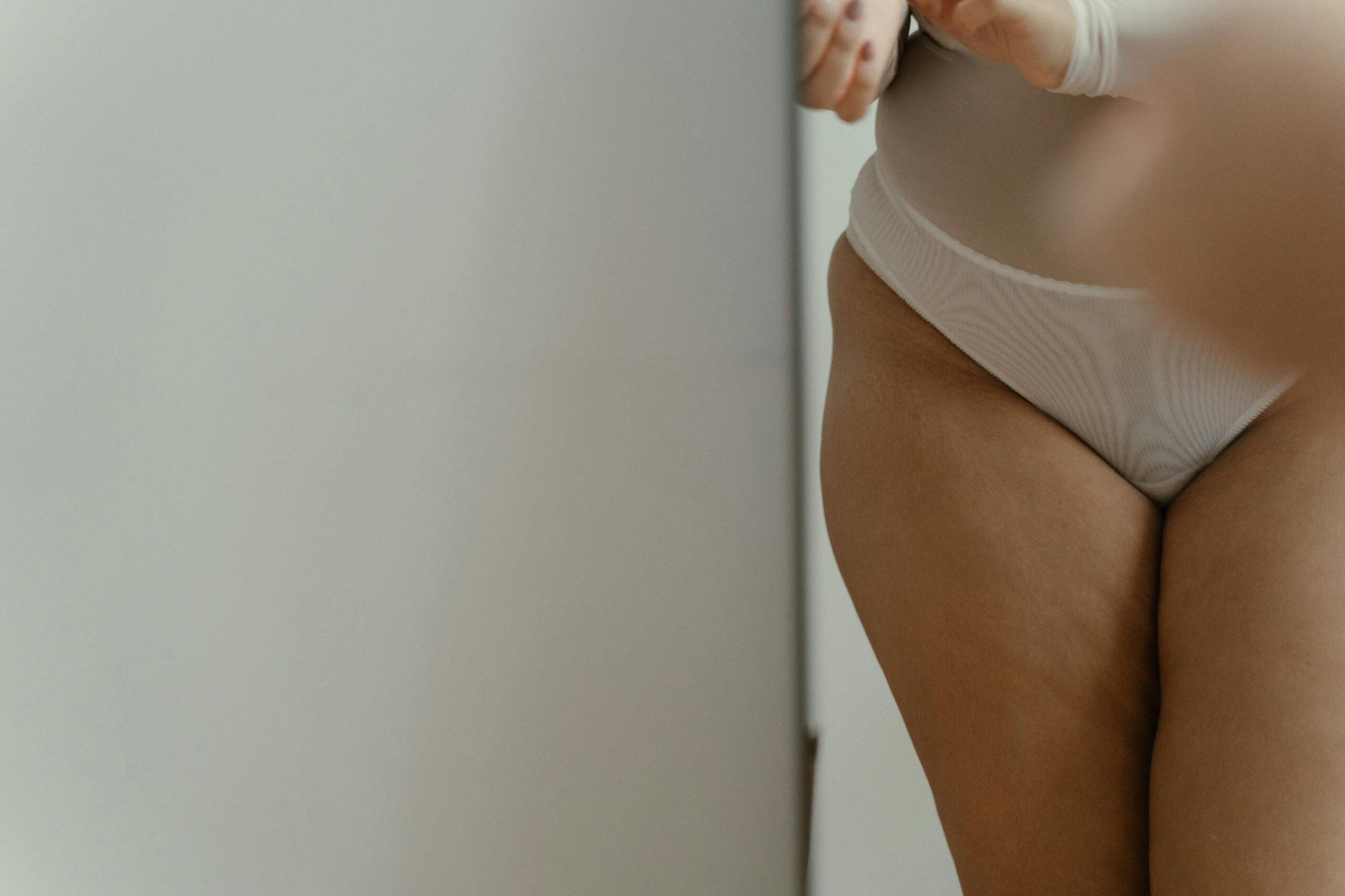
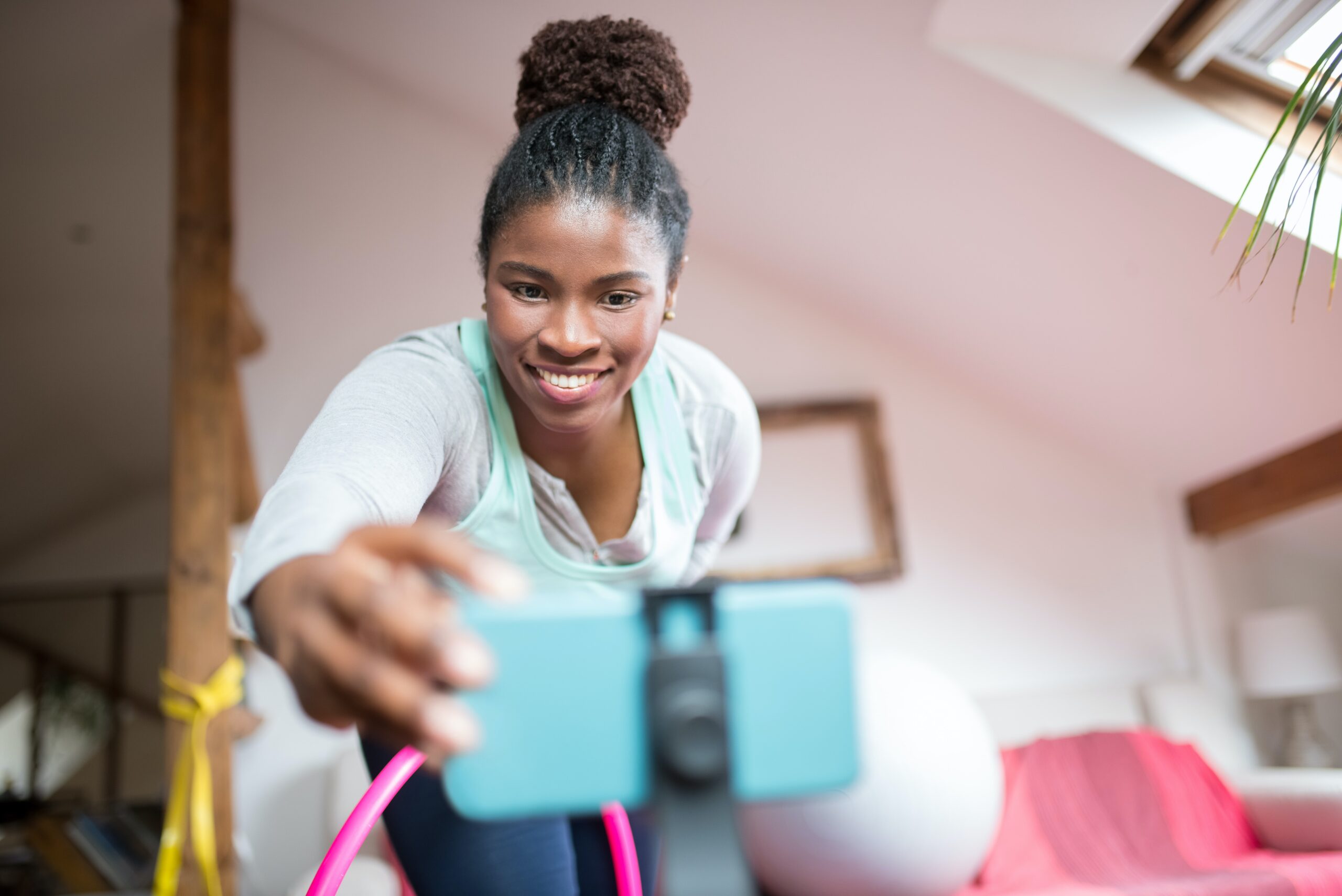
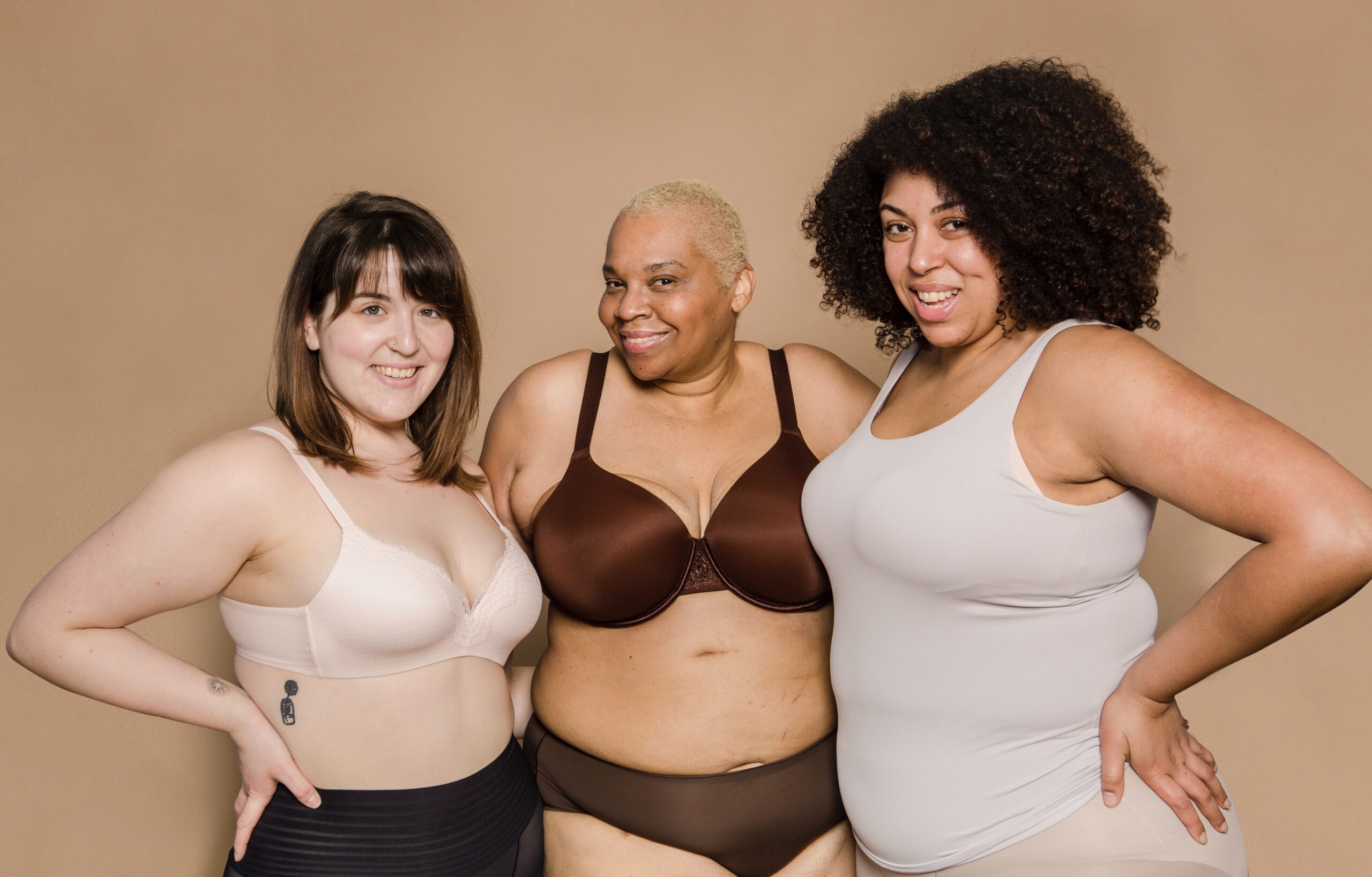
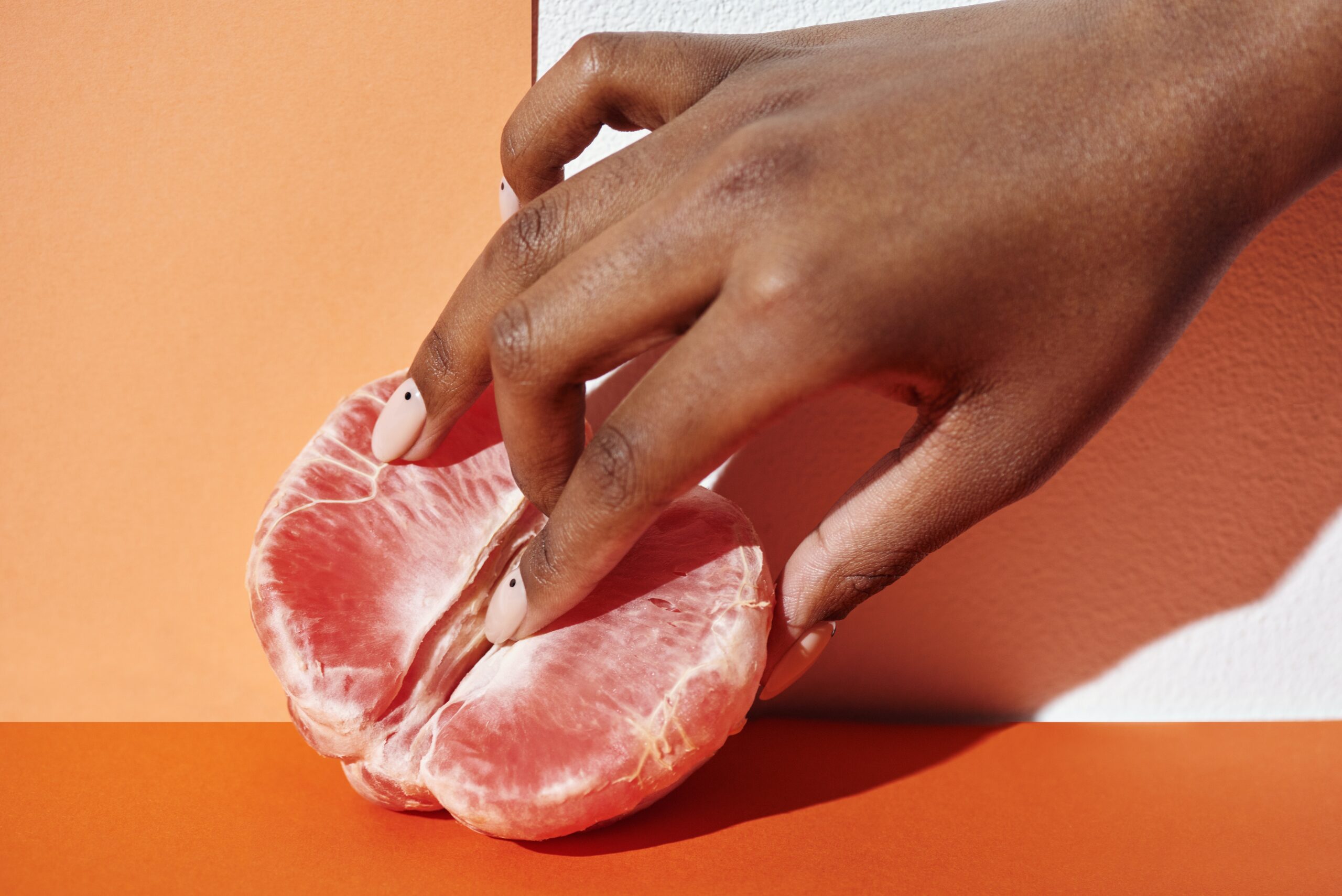
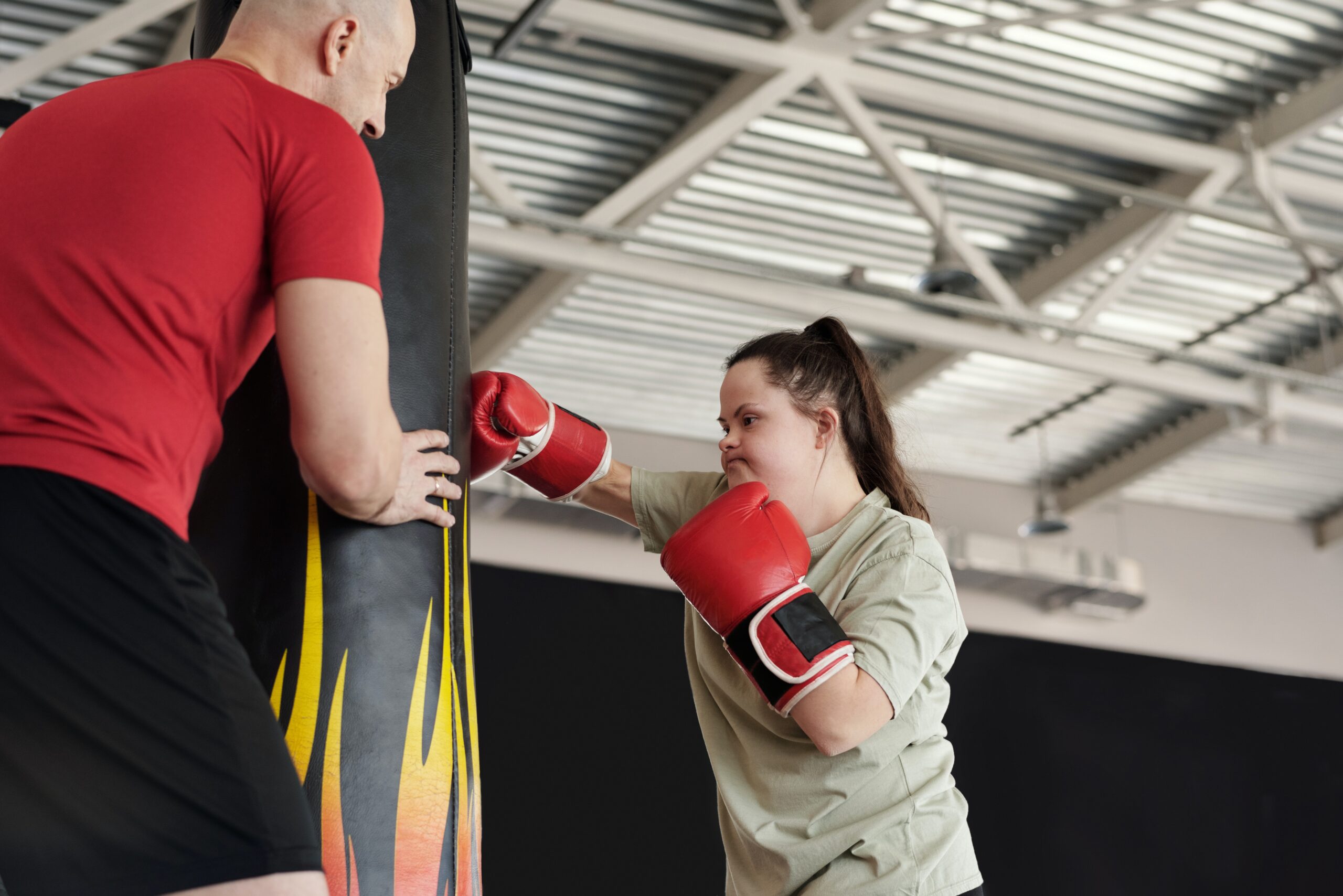
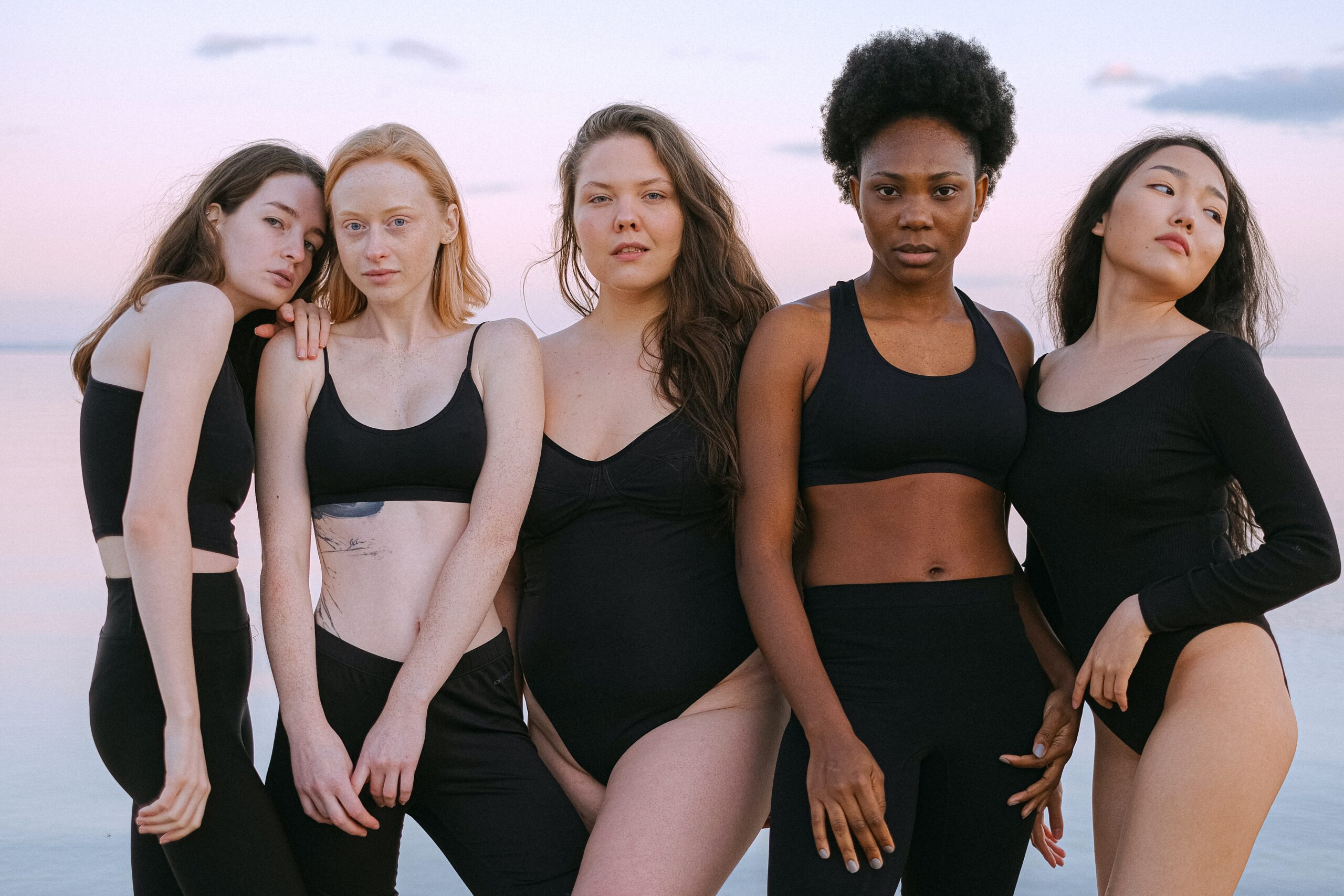
2 thoughts on “The Media Is Increasing It’s Focus On Male Body Image Issues & It’s About Time!”